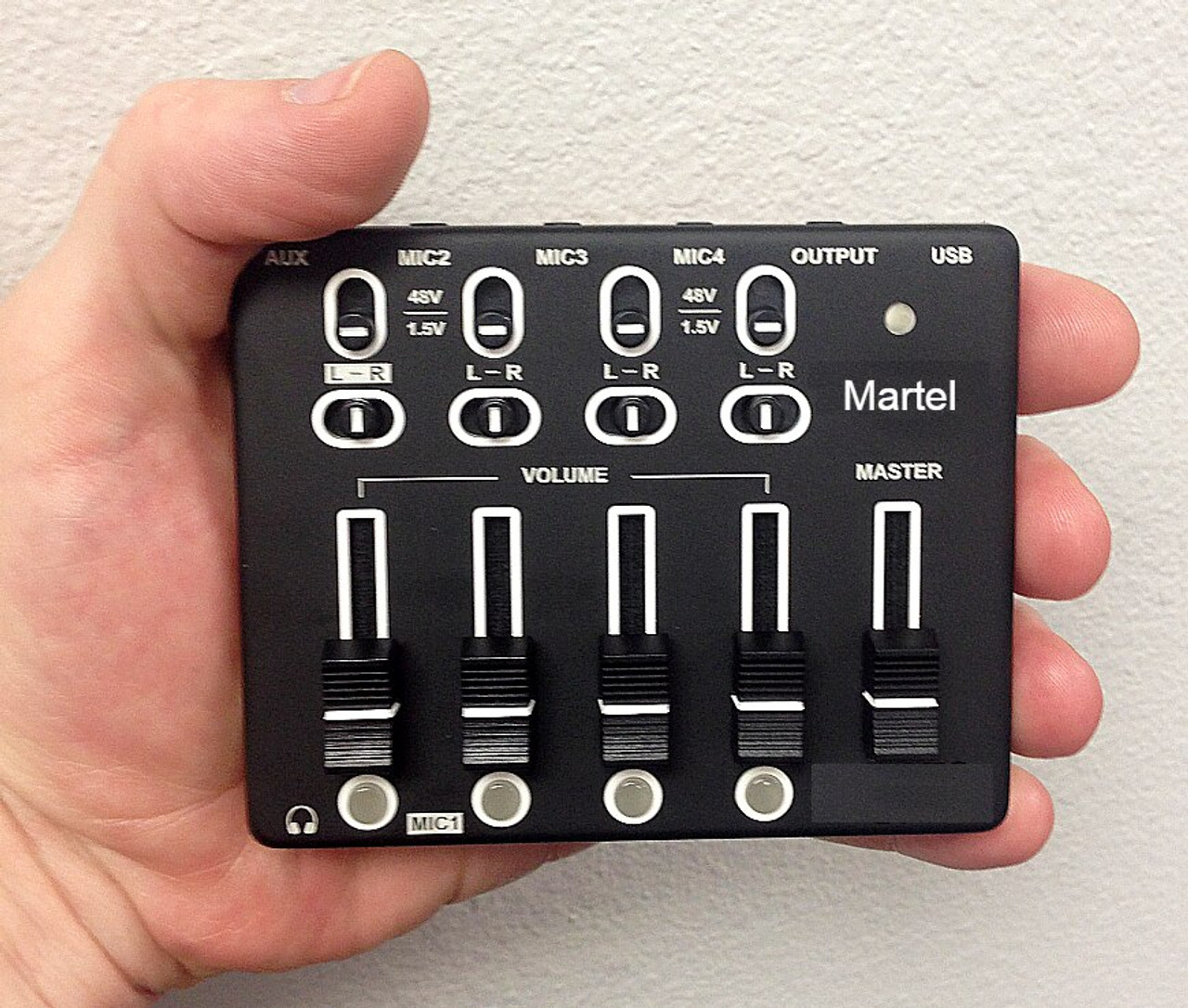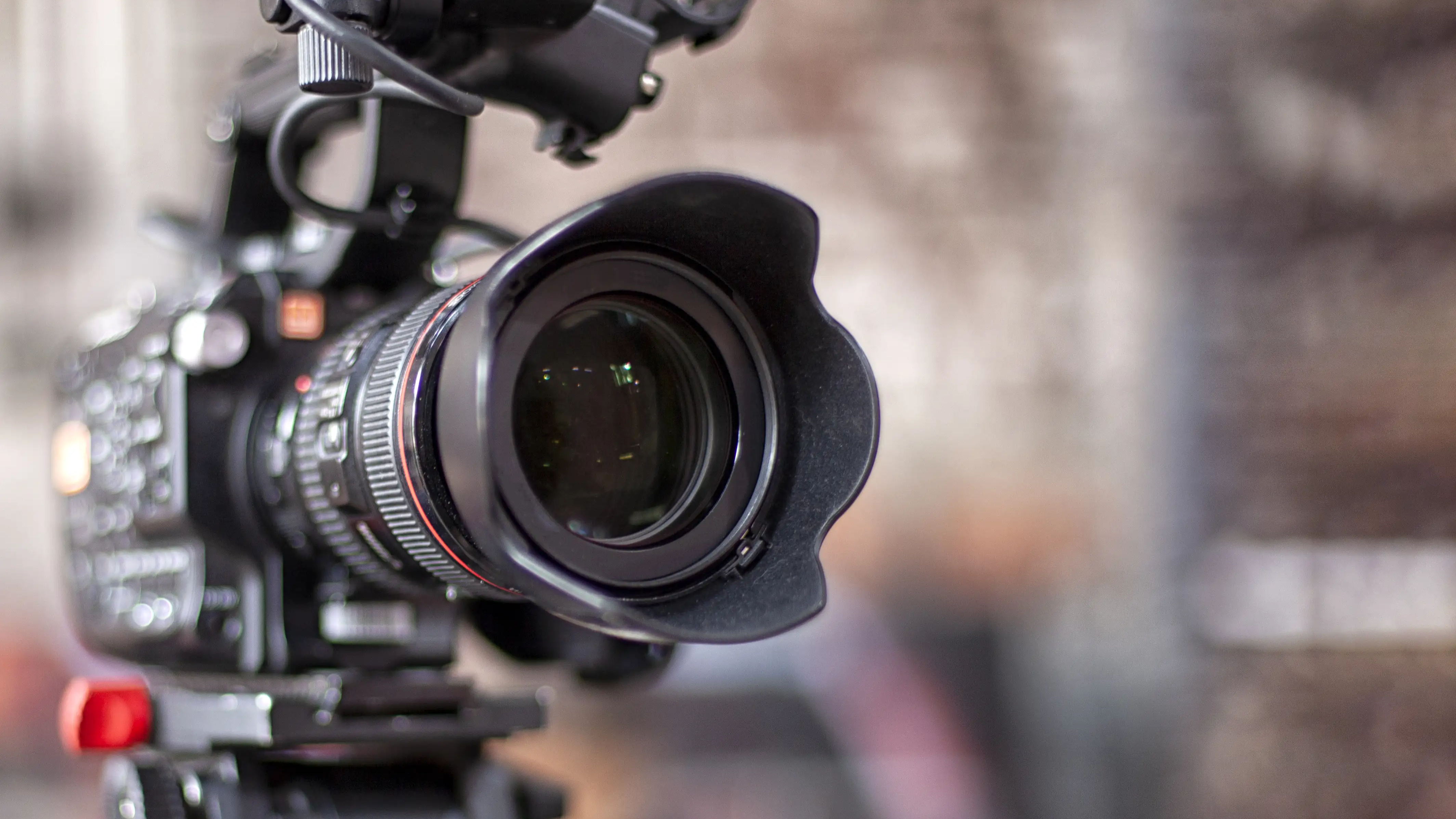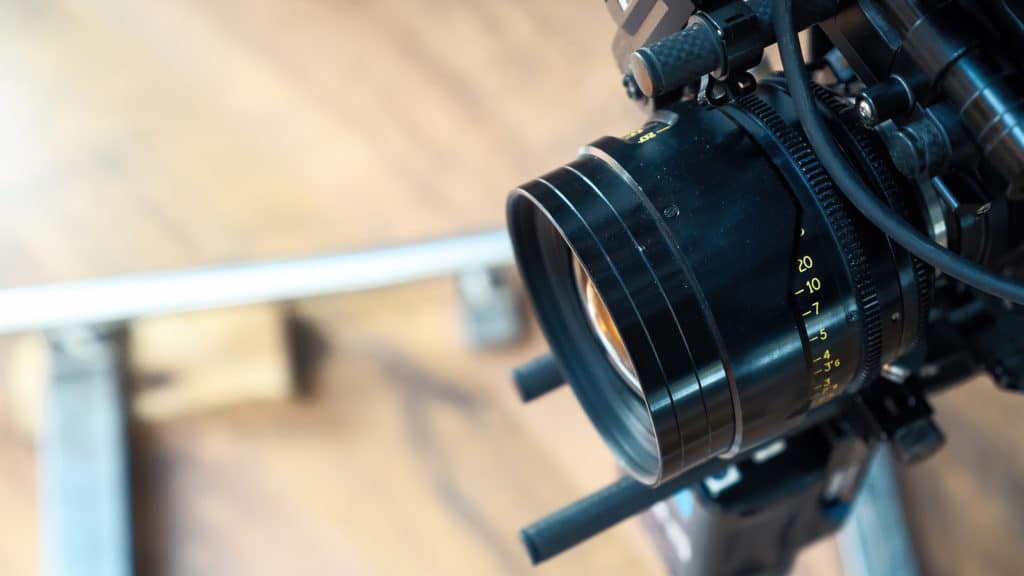A side-by-side comparison of traditional vs legal video depositions
The Importance of Lawful Video Depositions in Modern Legal Solutions: What You Need to Know
Lawful video depositions have become necessary in today's lawful landscape. They supply a multidimensional sight of witness statements that standard records just can not match. By capturing both non-verbal and verbal communication, these depositions boost the total understanding of a witness's reputation. However, the performance of video clip depositions depends upon different variables, consisting of conformity with lawful requirements and ideal practices (legal video depositions). Checking out these aspects reveals their true relevance in contemporary lawful services
What Are Legal Video Clip Depositions?
Legal video depositions act as a vital device in the lawsuits process. They include videotaping witness statements in a video clip style, capturing both non-verbal and spoken interaction. This technique allows attorneys to document the disposition, expressions, and reactions of witnesses, offering a richer context for the statement. Generally carried out in a regulated environment, these depositions are led by attorneys who ask concerns while a stenotype reporter documents the dialogue. The resulting video can be essential for trial prep work, as it allows attorneys to assess the reputation of witnesses and improve their methods. In addition, legal video depositions can be utilized in different lawful contexts, varying from civil disputes to criminal cases. The acoustic and aesthetic aspects of video clip depositions improve the presentation of proof, making it an essential part in the modern-day lawful landscape. Generally, they contribute substantially to the efficiency and effectiveness of lawful procedures.

Advantages of Video Depositions Over Standard Methods
Video clip depositions use countless benefits compared to typical techniques of taking witness statements. One substantial benefit is the ability to catch both audio and visual aspects, supplying an extra detailed document of the witness's statements. This double style improves clarity and allows legal experts to reference details subtleties during trial preparation. Furthermore, video clip depositions promote remote engagement, making it easier for witnesses who might be not available for in-person looks as a result of geographical restrictions or health and wellness issues.Moreover, video clip depositions can speed up the general deposition process, reducing the moment and prices linked with travel and logistics. They likewise improve access, as taped depositions can be quickly shared amongst legal teams and referenced at any time. This convenience adds to better situation monitoring and prep work. In general, video clip depositions stand for a modern, effective technique to gathering witness testaments, straightening with the advancing needs of the lawful profession.
The Duty of Body Movement and Tone in Testimonies

In legal video clip depositions, body movement and tone play important roles in communicating a witness's reputation and credibility. Nonverbal hints can supply insights right into a witness's mood, influencing exactly how their testament is regarded. Recognizing the influence of these elements is essential for lawyers and jurors alike when evaluating the integrity of a testimony.
Nonverbal Interaction Insights
While spoken interaction is frequently stressed in legal testimonies, nonverbal hints such as body language and tone play a vital role in sharing integrity and feeling. Viewers of depositions may keep in mind that a witness's stance, motions, and face expressions can greatly influence assumptions of integrity. Consistent eye get in touch with may signal confidence, while preventing gaze could suggest dishonesty or discomfort. Likewise, the tone of voice-- its pitch, rate, and volume-- can give feelings of sincerity or unpredictability. Lawful specialists need to be in harmony with these nonverbal signals, as they commonly provide critical context that complements spoken words. Recognizing these subtleties can improve the performance of depositions and affect the end result of lawful process.
Emotional Tone Impact
The emotional tone shared during lawful testimonies considerably affects just how a witness is viewed. Body language, singing inflections, and facial expressions play crucial roles in forming the story of a statement. A witness exhibiting confidence via stable eye get in touch with and a calm tone can instill a feeling of integrity and interaction. On the other hand, signs of stress and anxiety, such as fidgeting or a shaky voice, might bring about apprehension regarding their account. The nuances of psychological expression can influence the interpretation of facts, making it vital for legal specialists to identify these signs. In video depositions, the aesthetic and auditory parts combine, stressing the importance of psychological tone in conveying genuineness and truthfulness within the legal procedure.
Integrity and Credibility
An essential element in developing credibility and dependability throughout statements exists in the witness's body movement and tone of voice. Onlookers usually rely upon non-verbal hints-- such as eye call, position, and gestures-- to analyze a witness's genuineness. As an example, a witness who keeps eye contact and displays open body language might be regarded as more truthful and trusted than one that stays clear of eye contact or appears shut off. Furthermore, intonation plays a vital duty; a constant, calm tone can reinforce the credibility of the testimony, while fluctuations in pitch or volume might raise questions. Inevitably, the mix of body language and vocal tone substantially affects just how a witness's declarations are received and interpreted in a lawful context.
Ideal Practices for Performing Video Depositions
Conducting video depositions needs careful preparation and implementation to ensure a clear and effective discussion of testament. Initially, it is necessary to choose a silent, well-lit place to reduce distractions and secure optimum video top quality. The devices should be examined ahead of time, including electronic cameras, microphones, and illumination, to stay clear of technical concerns during the deposition.Next, events involved need to review the layout and procedures in advance, seeing to it that everybody understands their duties. The deponent must be informed on the procedure, including just how to respond plainly and concisely.Additionally, maintaining why not try here an expert behavior throughout the session is vital. This consists of refraining from talking over one another and verifying that all inquiries are directed suitably. Finally, it is essential to record the deposition in a style that enables very easy playback and review, protecting the stability of the testament for future usage.
Legal Factors To Consider and Conformity Issues
How do lawful factors to consider and conformity concerns influence the performance of video depositions? Lawyers must browse an intricate landscape of regulations, making certain that video depositions comply with jurisdictional rules and standards. Conformity with regulations worrying personal privacy, authorization, and recording approaches is vital. For example, getting specific permission from all events included is required to stay clear of legal repercussions.Additionally, the admissibility of video clip proof in court can hinge on conformity with procedural demands. Ensuring that the devices utilized fulfills technological standards is likewise crucial, as inadequate quality can weaken the deposition's reliability.Moreover, lawyers should be conscious of any kind of specific state laws that regulate video depositions, as these can vary considerably. Failure to deal with these factors to consider can not just jeopardize the integrity of the deposition yet additionally affect the total instance approach, inevitably influencing the client's legal end results.
Exactly How Video Depositions Impact Court Perception
While video clip depositions can function as powerful devices in lawful proceedings, their impact on court assumption is significant. The visual and auditory aspects of video clip recordings supply jurors with a much more complete understanding of witness attitude, reputation, and psychological responses. This multimedia strategy can improve the jurors' capacity to evaluate the integrity of testimony compared to typical text-based transcripts.Moreover, video depositions enable jurors to observe body movement, tone of voice, and faces, every one of which can influence their interpretation of the witness's statements. The visibility of a witness on display can humanize them, fostering empathy and connection, which may persuade jurors' viewpoints. On the other hand, a witness who appears incredibly elusive or undependable on video clip might lead to unfavorable assumptions that affect a court's choice. Ultimately, the dynamic nature of video depositions plays a vital role in shaping how jurors translate evidence and reach their verdicts.
The Future of Video Depositions in Legal Practice
As advancements in technology proceed to reshape the legal landscape, the future of video clip depositions is poised for considerable evolution. Developments such as artificial knowledge, digital fact, and boosted video conferencing tools are expected to improve the deposition procedure and boost ease of access. Attorneys might make use of AI-driven analytics to analyze witness reliability and instance strength more effectively.Moreover, the assimilation of online reality can enable juries to experience immersive simulations of depositions, giving deeper context and understanding. In addition, the pattern toward remote depositions is likely to continue, offering better flexibility for customers and attorneys alike.As remote job comes to be progressively stabilized, video depositions will likely come to be typical method, reducing expenses and time constraints connected with conventional approaches. Overall, these technical advancements guarantee to boost the effectiveness, performance, and ease of access of video clip depositions in lawful practice, eventually changing how attorneys prepare for trial.
Regularly Asked Inquiries
Just How Much Do Legal Video Clip Depositions Generally Expense?

Can Video Depositions Be Used in Any Kind Of Instance?
Video clip depositions can be used in various sorts of instances, consisting of civil, criminal, and household law. Their flexibility permits lawyers to existing witness testaments successfully, adapting to the specific demands of different lawful scenarios.
What Equipment Is Required for a Video Deposition?
To conduct a video clip deposition, vital equipment consists of a high-grade electronic camera, microphone, lights, and a trustworthy recording gadget. In addition, a computer with editing software application may be needed for post-production and formatting the final video clip.
How Lengthy Does a Typical Video Clip Deposition Last?
A normal video clip deposition lasts in between 2 to 4 hours, depending upon the complexity of the situation and the variety of concerns positioned. Prolonged sessions may take place, however breaks are like this generally incorporated for individual convenience.

Are Video Clip Depositions Admissible in Court?
Video clip depositions are typically admissible in court, given they adhere to lawful criteria and policies of evidence. Their usage enhances quality and maintains witness testimony, helping in the judicial procedure during hearings and trials. Lawful video depositions have come to be essential in today's lawful landscape. In addition, lawful video depositions can be used in various legal contexts, varying from civil conflicts to criminal situations. Additionally, video depositions promote remote engagement, making it much easier for witnesses who may be inaccessible for in-person looks due to geographical restrictions or health issues.Moreover, video clip depositions can accelerate the general deposition process, decreasing the description time and costs linked with travel and logistics. Making certain that the devices made use of meets technological requirements is additionally crucial, as bad quality can weaken the deposition's reliability.Moreover, attorneys have to be conscious of any certain state laws that control video depositions, as these can differ significantly. Additionally, the pattern towards remote depositions is likely to linger, providing better versatility for lawyers and clients alike.As remote work comes to be increasingly stabilized, video clip depositions will likely end up being standard method, lowering expenses and time restraints associated with standard approaches.